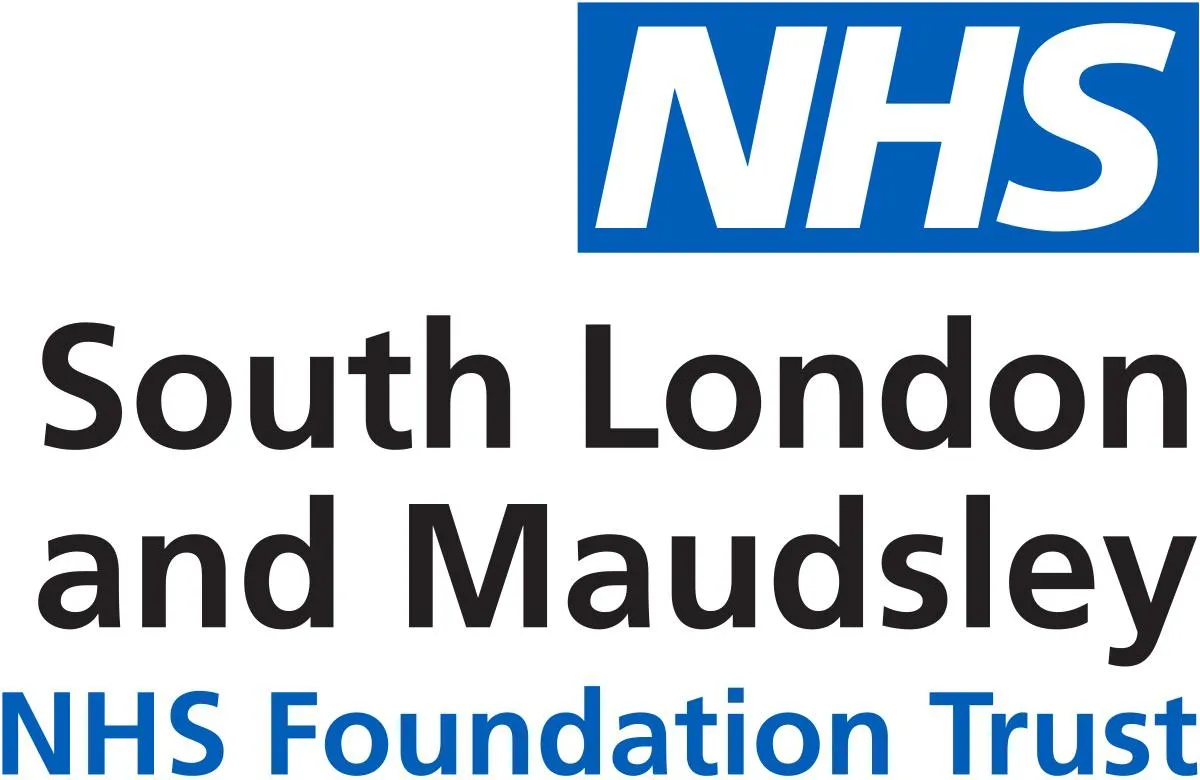Enriched Package of Social Support for People with Psychoses
There is substantial evidence that individuals living with psychotic disorders are more isolated and experience greater social disadvantages than the general population. This disadvantage manifests through poor outcomes across life domains such as education, employment, and housing, with research demonstrating that these individuals are also more likely to live in neighbourhoods with poor access to resources and lower income.
The disadvantages these individuals experience are often evident in their initial interactions with health services and are likely to worsen over time. They are also more pronounced among groups who already experience marginalization, such as those from minority ethnic groups, especially those of Black Caribbean and black African backgrounds.
While interventions do exist to support and improve individuals’ environment and social circumstances, the evidence for their effectiveness is varied and the act of signposting to relevant social support is inconsistent. Further, many interventions are delivered to address a single factor of disadvantage in isolation, often failing to acknowledge or appropriately address the complex challenges faced by individuals whose experience is defined by intersecting barriers.
This project proposes bringing together researchers, experts by experience, and community stakeholders across South London to develop and test a package of social interventions that are tailored to the assessed needs of those with a psychotic disorder. Overarchingly, this work will aim to break the cycle of entrenched social disadvantage and isolation that feeds poor outcomes and quality of life in this population through impacting negatively on clinical outcomes, service engagement and uptake, and the effectiveness of therapeutic interactions.
This project is currently in its scoping phase, and will look at the nine life domains of employment, income, education, social relationships, social resources, welfare and debt, housing, community support, and trauma.
Aims
The purpose of this enriched package of social interventions is to break the vicious cycle of (entrenched) social disadvantage, isolation, and discrimination that:
- Worsens symptoms, inhibits recovery, and increased risk of relapse, leading to worse outcomes including more hospital admissions
- Reduces the effectiveness of pharmacological and psychological therapies
- Profoundly impacts on quality of life
- Contributes to disengagement from services
Methods
Phases
This work will be completed in three stages: evidence synthesis and intervention development, feasibility, acceptability and piloting and, finally, intervention testing. Currently this project is in its first phase.
Co-creation
To ensure genuine co-creation of this intervention with project partners - experts by experience, mental health service providers, and the families and carers of those living with psychosis- the following steps will be taken.
- Identify an expert by experience co-lead
- Establish 3 advisory boards, which will meet twice during the first stage, to reflect and advise on project plans and outputs: 1) experts by experience, 2) carers, and 3) service providers
- Identify and engage, particularly in ‘hot spots’ with high numbers of people with psychoses, relevant community groups and organisations that work with people with psychoses and / or that provide support and services related to employment, housing, etc.
Components
The first stage, evidence synthesis, will be comprised of 4 components.
1. Partnerships key to co-creation will be developed (see above)
2. Four systematic reviews will be undertaken, focusing on interventions at a community, family, and individual level, as well as interventions that address past experiences of trauma and violence. These reviews will:
-
- Identify all relevant interventions and
- Synthesize evidence on their effectiveness
3. Two evidence-gathering and intervention development workshops will be conducted with each of the following groups, with a view to determine the components of the package of interventions and discuss considerations for implementation
- People with lived experience of psychosis
- Carers of people with lived experience of psychosis
- Service commissioners and providers, including mental health service staff (I.e., psychiatrists, psychologists, nurses, occupational therapists, social workers etc.)
- Community groups and organizations
4. Economic modelling will be undertaken with the assistance of a health economist to produce initial estimates of the financial costs and benefits of the proposed package of interventions, using evidence from the systematic reviews to inform calculations
Principal Investigator
Investigators
Funding
Funding Body: Maudsley Charity
Amount: £270,331
Period: January 2023 - December 2023







